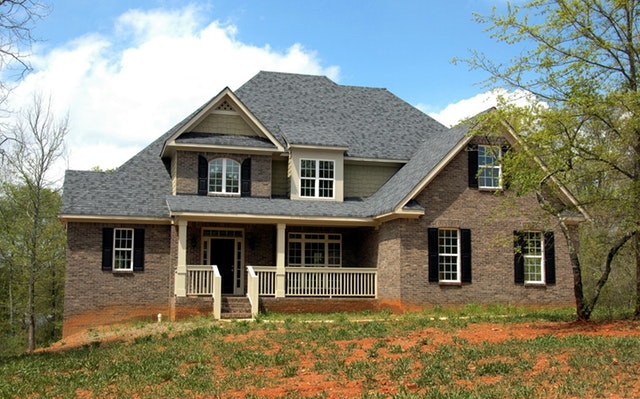Join Or Create A Real Estate Investors’ Pool For Fun And Profit
 Many baby boomers are reaching retirement age. If they set up their financial planning well, while younger, they should have accumulated enough wealth to have some discretionary money available for making investments.
Many baby boomers are reaching retirement age. If they set up their financial planning well, while younger, they should have accumulated enough wealth to have some discretionary money available for making investments.
Others, who may be just starting out, have some investment capital but not necessarily enough to buy a piece of commercial real estate on their own. These investors might enjoy a real estate investment pool, also called an investors’ club.
Pooling Resources
One way to get some investment participation in real estate is to pool investment funds needed to have enough for the down payment on a piece of real estate.
For example, if the down payment for acquiring a single-family rental home is $40,000 and four investors chip in, this means the contribution by each one will be $10,000. Each investor will own 25% of the deal. Many can come up with $10,000 for investment but it may not be as easy to find a spare $40,000.
Real Estate Investment Clubs
An investment club is where people get together to review the summary of a real estate deal to discuss its merits as a group investment.
To find a local group there is a nice system called Meetup online, which is a good resource. If there is no real estate investment club in a particular local area, consider forming a new one through that system.
Legal Structure
For real estate purchased by an investors’ pool, the best legal structure is to acquire the property by a newly-formed limited liability company (LLC). An LLC is very easy to create online. The LLC structure limits the liability of its owners (members) to the amount they each invest in the LLC.
It is best to set up a new LLC for each closing of a real estate acquisition. In this way, the owners can be different and to separate the deal from the successes or losses in other deals. Investors in an LLC buy units of the LLC, not shares.
When an LLC starts, it is authorized to issue a certain number of units. Each investment gets a proportional percentage ownership share of the LLC. The investor gets the number of units that represents the percentage value of the investment compared to the total investment.
Work with a real estate agent to help find deals. Use competent legal counsel and a professional accounting firm to set up and manage the LLC properly.
Summary
Investment clubs can be very fun. There may be considerable discussion and disagreement about each potential deal. This is a welcome thing. It is excellent practice to learn how to conduct proper due diligence.
Investors who are just learning about what to look for in a real estate deal gain insights from more experienced investors. Experienced investors stay active and get a chance to pass on their knowledge to the less-experienced ones. Everyone enjoys socializing together and that is a nice extra reward.

 Home price growth continued to slow in June according to Case-Shiller’s 20-City Home Price Index. 17 cities reported higher home prices in June, but three cities reported lower home prices month-to-month. Seattle, Washington was the only city to report lower home prices year-over-year in June.
Home price growth continued to slow in June according to Case-Shiller’s 20-City Home Price Index. 17 cities reported higher home prices in June, but three cities reported lower home prices month-to-month. Seattle, Washington was the only city to report lower home prices year-over-year in June. The rapidly rising home prices currently found in many parts of the United States make it seem like the Great Recession of 2008 never happened. It took approximately eight years for home prices to recover the values that were equivalent to those they had before the recession.
The rapidly rising home prices currently found in many parts of the United States make it seem like the Great Recession of 2008 never happened. It took approximately eight years for home prices to recover the values that were equivalent to those they had before the recession.